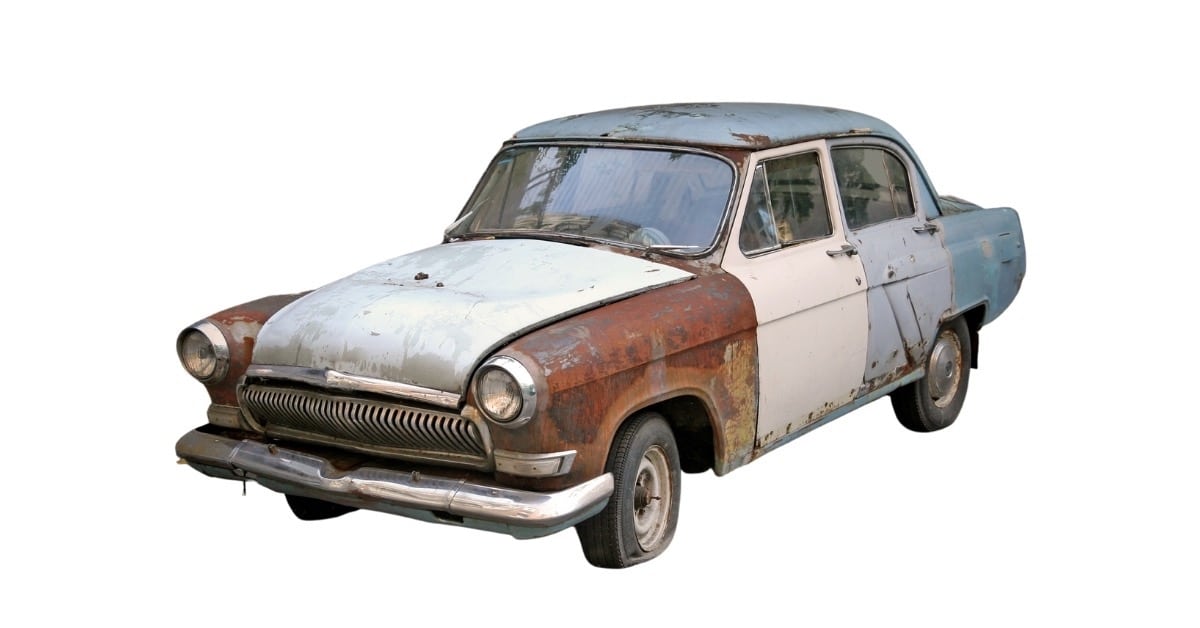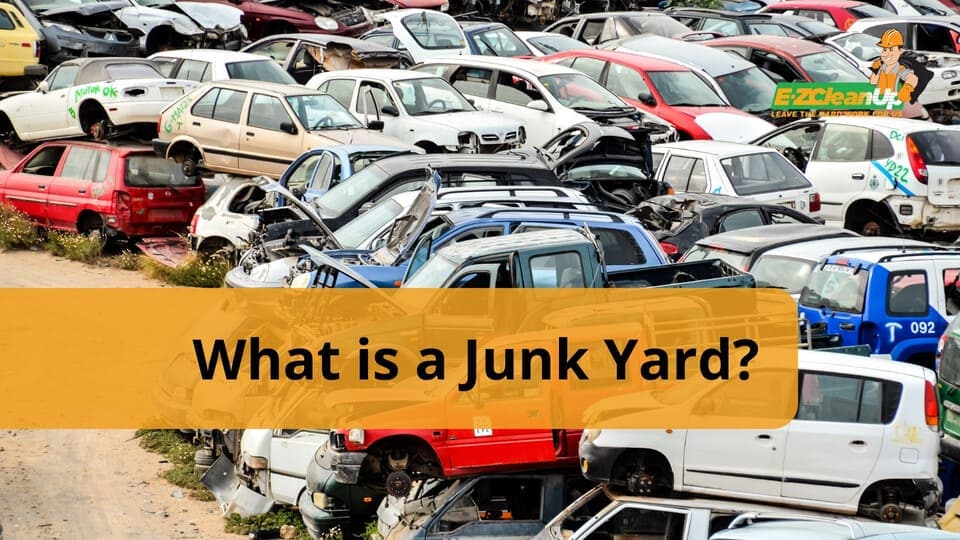The Environmental and economic Advantages of Reusing Scrap Vehicles
Reusing scrap cars provides countless economic and ecological advantages that extend well beyond waste reduction. By recovering approximately 90% of vehicle parts, this method substantially decreases landfill concern while protecting necessary natural deposits. Moreover, it reduces energy usage and greenhouse gas discharges connected to basic material removal and production. The process likewise produces employment possibility across various industries, from taking apart to logistics, and offers consumers with economical automobile parts. These advantages underscore the multifaceted worth of reusing scrap autos, yet there are better facets to take into consideration when reviewing its complete effect.
Minimizing Garbage Dump Waste
Reducing land fill waste with the recycling of junk cars plays a crucial function in environmental preservation. When cars reach completion of their life cycle, effective reusing processes can significantly decrease the volume of waste that winds up in garbage dumps. Junk cars, otherwise correctly reused, add to the expanding problem of garbage dump overcapacity, intensifying environmental destruction and potentially infecting soil and groundwater with unsafe compounds such as oil, gas, and hefty metals.

Moreover, the reusing procedure minimizes the adverse effects of vehicle waste on biodiversity. Garbage dumps are infamous for disrupting local communities, and lowering the increase of scrap cars assists preserve all-natural environments. Inevitably, reusing scrap cars and trucks is a critical approach that cultivates sustainable waste management, straightening with more comprehensive ecological objectives.
Conserving Natural Resources
In enhancement to mitigating land fill overcapacity, reusing junk cars and trucks plays a substantial duty in saving natural deposits. The automotive sector is greatly reliant on various steels, plastics, and various other materials that require considerable mining and handling. By recycling junk cars, we dramatically minimize the demand for basic materials, therefore curbing the environmental destruction connected with mining tasks. Recycling steel from old lorries minimizes the necessity for iron ore removal, which in turn decreases power usage and greenhouse gas exhausts.
Additionally, the procedure of recycling auto elements such as light weight aluminum, lead, and copper is much much less energy-intensive than producing these products from virgin resources. This energy cost savings translates directly right into decreased fossil gas consumption and reduced carbon impacts (scrap my car). Additionally, by recovering and repurposing products, we extend the lifecycle of non-renewable resources, guaranteeing they continue to be available for future use
Moreover, reusing automobile fluids like antifreeze, oil, and transmission liquid protects against unsafe materials from infecting soil and water sources. With systematic recycling initiatives, these fluids can be purified and recycled, advertising a circular economic situation and additional decreasing the pressure on natural deposits. Hence, recycling junk vehicles supplies a diverse method to saving our planet's indispensable natural assets.
Creating Job Opportunities
The recycling of junk cars not just benefits the setting yet also boosts economic development by producing work chances. This burgeoning sector provides a vast range of work potential customers, varying from the initial collection and transport of old cars to the detailed processes of taking apart, sorting, and repurposing the different parts.

The spreading of reusing plants additionally magnifies the task market, necessitating roles such as designers, maker operators, and quality control professionals to take care of the advanced machinery and ensure compliance with ecological guidelines. Even administrative placements, such as sales, advertising, and client service, see a surge as the industry increases.
Decreasing Manufacturing Prices
By incorporating recycled materials from scrap cars, makers can dramatically lower production expenses. The power called for to process recycled materials this hyperlink is substantially much less than that required to generate new materials from scratch.
Additionally, the reusing procedure helps improve the supply chain by giving a steady influx of materials that are easily offered and usually cheaper than newly mined sources. These price performances are specifically crucial in a highly competitive industry like automobile production, where margins can be razor-thin. Furthermore, the recycling of scrap autos aids minimize the unpredictable rates of basic materials, making it possible for suppliers to far better projection and manage their production budget plans.
Offering Inexpensive Auto Parts
When scrap autos are reused, the accessibility of budget-friendly vehicle components substantially enhances, profiting both customers and service center. Recycled auto components are usually offered at a fraction of the cost of repairs, providing a cost-effective alternative for vehicle owners and technicians. This affordability can be essential for people that may not have the economic ways to purchase new elements, enabling them to keep their cars in safe and functional condition.
Repair stores likewise gain from this raised accessibility of cost effective parts. By sourcing recycled parts, these companies can reduce their functional costs, which can be passed on to consumers with reduced service fee. This, consequently, can bring about higher consumer complete satisfaction and commitment, as clients value the cost savings without endangering on high quality.
In addition, the quality of recycled components has actually improved dramatically throughout the years, many thanks to advancements in recycling procedures and quality assurance steps. Several recycled parts undergo strenuous screening to ensure they satisfy sector standards, providing integrity comparable to repairs - sell my junk car today. By offering a financially sensible and high-quality choice, the recycling of junk vehicles plays an essential duty in sustaining both the automotive repair service sector and the more comprehensive customer market
Verdict
Recycling junk autos offers considerable economic and environmental benefits by dramatically lowering garbage dump waste and preserving all-natural resources. Overall, the recycling of scrap automobiles supports both financial growth and sustainability purposes.
Recycling junk automobiles provides many financial and ecological benefits that find out here now extend well beyond waste reduction. Junk vehicles, if not correctly recycled, contribute to the growing problem of landfill overcapacity, exacerbating environmental degradation and potentially infecting dirt and groundwater with unsafe materials such as oil, gas, and hefty steels.
By recycling junk vehicles, we considerably decrease Get More Info the demand for raw products, therefore suppressing the environmental degradation associated with mining tasks.When scrap cars and trucks are recycled, the schedule of inexpensive vehicle components considerably enhances, profiting both customers and repair work shops.Reusing junk vehicles presents significant economic and environmental advantages by considerably reducing land fill waste and saving natural sources.